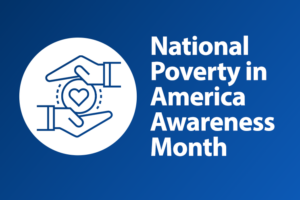Sarah Ford | October 3, 2013
Diabetes-Fighting Dogs: A New Breed of Help
Some individuals with diabetes are lucky enough to have a very attentive dog to keep them company. These pets provide much more than love and devotion: They also help keep their human companions safe by detecting their owners’ episodes of hypoglycemia (low blood sugar)—and warning them in time for the individuals to get treatment.
Rover to the Rescue
Diabetic alert dogs, usually golden or Labrador retrievers, are heroes: “These dogs literally save lives,” says Lex Frieden, professor of biomedical informatics and rehabilitation at the University of Texas Health Science Center at Houston. “The dogs are trained to alert their owners, and they also can be trained to get help if needed. So if a person is in a coma, the dog will seek out someone who can help.” Just how do these wonder dogs work? “The dogs sense chemical changes that occur when there’s a critical dip in a person’s blood sugar,” says Anita Krolczyk, RN, MS, C-PNP, of La Rabida Children’s Hospital in Chicago. “It’s similar to what happens with dogs that are paired with people who have seizures. The dog senses that the person will have a seizure before it happens.” The individuals who benefit most from these specially trained dogs are people who don’t sense they are becoming hypoglycemic. Typically, during an episode of low blood sugar, a person starts to feel shaky and sweaty, and can have heart palpitations, explains Kellie Rodriguez, MSN, CDE, CPT, of the Diabetes Research Institute at the University of Miami. While these signs may seem hard to overlook, individuals with hypoglycemia unawareness don’t feel these first-stage symptoms, she explains. If second-stage symptoms like confusion and drowsiness set in, the person is less cognitively aware, and may not be able to manage the hypoglycemia, Rodriguez says. “In cases like these, the dog becomes almost like a medical device,” she says. “The dog uses his paws to nudge the person, or barks to wake the person up.” Of course, not all dogs are equally apt at being trained, Frieden says: “Some may be more interested in food than work.”
>> Click here to continue reading
Source: Quality Health website via Diabetes Research Institute
Get Resources and Insights Straight To Your Inbox
Explore More Articles
Open Position: Customer Service Coordinator (Remote-Part Time)
Position Title: Customer Service Coordinator (Remote – Part Time) Department: Charitable Funds Management Solutions We are a non-profit charitable organization looking for skilled individuals who…
Read ArticleGet Resources and Insights Straight To Your Inbox
Receive our monthly/bi-monthly newsletter filled with information about causes, nonprofit impact, and topics important for corporate social responsibility and employee engagement professionals, including disaster response, workplace giving, matching gifts, employee assistance funds, volunteering, scholarship award program management, grantmaking, and other philanthropic initiatives.




